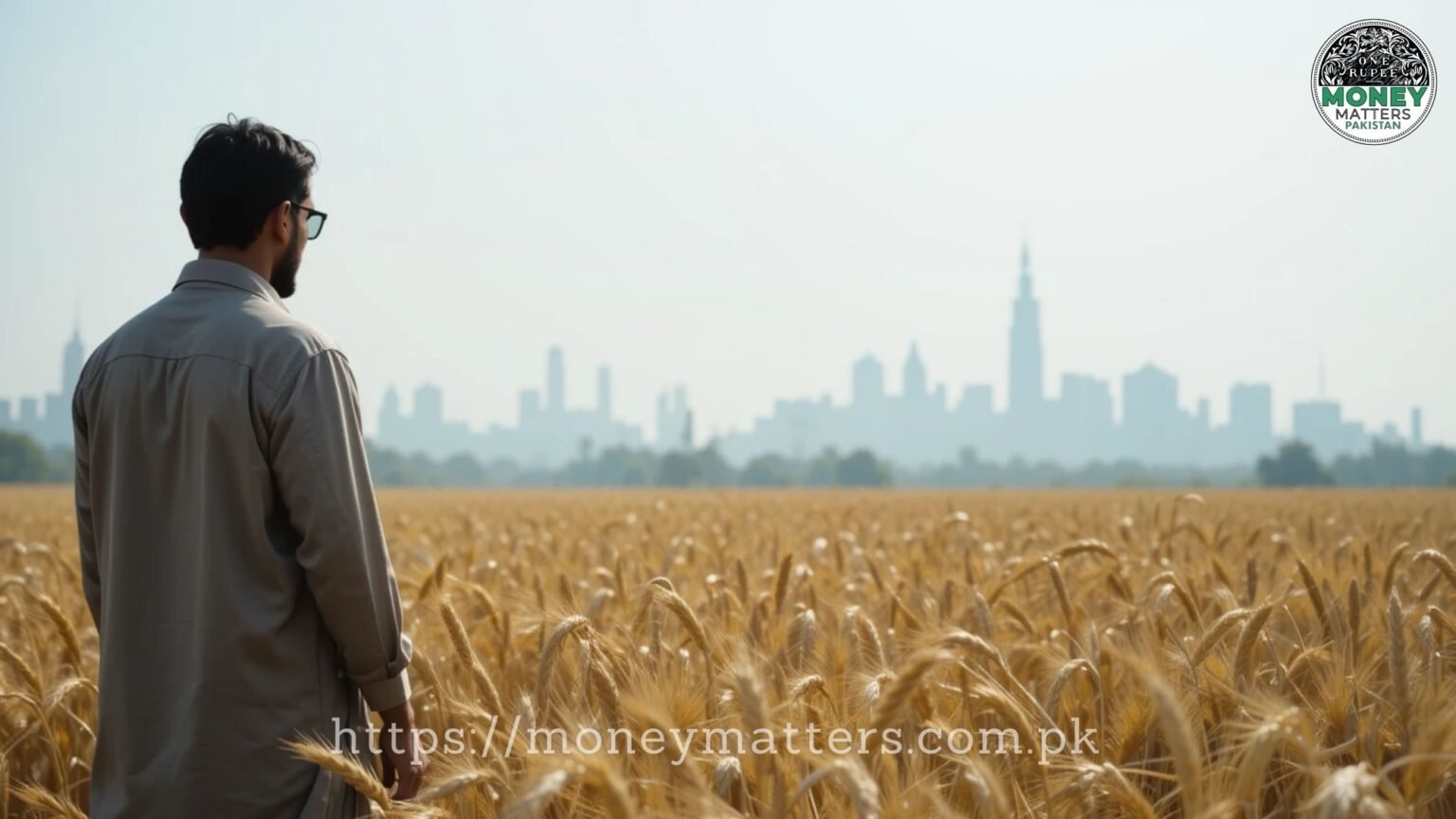Government Actions Impact Wheat Value Chain, Food Security
Key Takeaways:
i) Farmers in Pakistan are experiencing difficulties due to limited government support and market complexities.
ii) The value of wheat increases considerably from the farm to the consumer, yet farmers do not proportionally benefit.
iii) Governmental support price strategies and sudden alterations can negatively affect farmers’ earnings and the broader economy.
Islamabad, Pakistan – April 19, 2025 – Pakistani wheat farmers are encountering notable economic challenges stemming from governmental policies and market dynamics. An analysis indicates that the absence of robust government support and a well-organized farmer association contributes to the hardships faced by agricultural producers. Furthermore, incomplete data regarding production, costs, and sales adds to the complexity of the situation.
The assessment reveals that the value of wheat can rise by as much as 200% from the farmer to the end consumer. However, the primary beneficiaries of this increased value are industries, rather than the farmers themselves. This disparity prompts questions about the equitable distribution of profits within the wheat supply chain.
Governmental policies, particularly those concerning support prices, are also a significant area of concern. It is suggested that support prices may lead to inefficiencies and could incentivize the cultivation of only those crops receiving support. Abrupt and unplanned modifications to these support prices can adversely affect farmers, potentially resulting in financial losses.
The assessment reveals that the value of wheat can rise by as much as 200% from the farmer to the end consumer.
These policies may also have wider economic repercussions. Decreased farmer income could lead to a reduction in demand for goods, potentially impacting GDP growth and contributing to economic deflation. Additionally, there are observations that governmental focus on urban voters might inadvertently disadvantage the interests of farmers.
In conclusion, the circumstances facing wheat farmers in Pakistan are multifaceted, involving matters of governmental policy, market forces, and the overall economic environment. Addressing these challenges is vital for safeguarding food security and promoting the economic well-being of both farmers and the nation.




